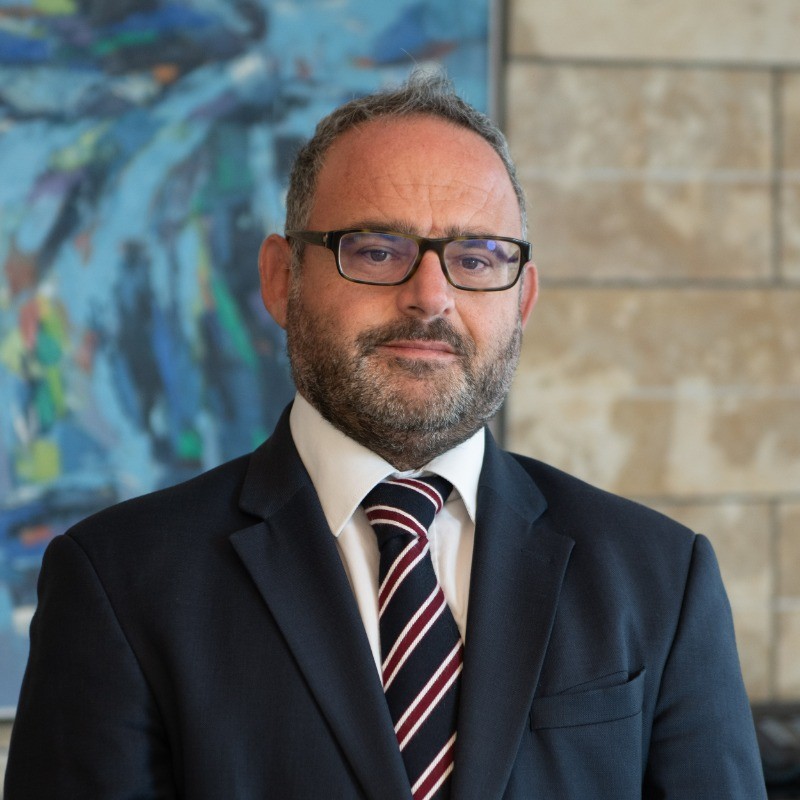PwC Malta’s 2024 AI Business Survey highlights a critical challenge facing businesses in Malta: The difficulty in adopting generative AI technologies due to a lack of specialised talent, with 39 per cent of respondents citing this issue as a major barrier.
This lack of specialised talent stands out as a significant hurdle. Upskilling employees has become a priority for organisations that scored as leaders (24 per cent) and trailblazers (10 per cent), who are focusing on combining technological innovation with workforce development.
The talent gap is further exacerbated by the absence of dedicated teams to assess AI use cases. over half (56 per cent) of organisations lack an individual or team for this purpose, leaving a critical gap in the structured evaluation and implementation of AI strategies.
Despite the challenges, the survey reveals optimism about AI’s potential, with 41 per cent of respondents believing AI will have the greatest impact on internal operations, focusing on improving efficiency and productivity. Customer experience enhancements were identified by 29 per cent of respondents, while 21 per cent aim to leverage AI for data-driven decision-making.
Interestingly, none of the respondents were categorised as AI Novices, indicating a baseline familiarity with AI technologies. However, only 12 per cent have fully integrated AI into their processes, and just 10 per cent are performing proof-of-concept projects, signalling that most organisations are still exploring AI’s full capabilities.
Governance and compliance: The missing links
Governance structures remain underdeveloped, with 75 per cent of respondents admitting they do not have an AI governance framework. This lack of oversight poses risks, including ethical concerns, legal non-compliance, and operational misalignment.
The EU AI Act, has added regulatory pressure, 56 per cent of organisations are unaware of the new requirements, and 29 per cent expressed the need for guidance in interpreting their obligations.
PwC Malta recommends businesses prioritise governance by:
- Establishing frameworks to ensure ethical AI use and regulatory compliance.
- Promoting C-suite awareness of compliance and governance challenges.
- Collaborating with compliance teams to mitigate risks.
The ROI challenge
Measuring the return on investment (ROI) from AI initiatives remains a challenge. Only five per cent of respondents expressed confidence in their ability to evaluate ROI, highlighting the need for robust monitoring frameworks. This lack of confidence underscores the importance of aligning AI initiatives with measurable organisational goals.
Finally, PwC Malta suggests that CEOs should focus on upskilling and empowering talent through targeted training to bridge the skills gap and foster a culture of innovation.
They must also develop structured governance frameworks to ensure ethical and compliant AI use while prioritising pilot projects that demonstrate AI’s value through proof-of-concept initiatives, securing buy-in and measuring success.
Embedded fintech ‘is the future,’ declares Blackcatcard CTO
The company offers regulated fiat services and digital asset infrastructure.
Maltacareers.com: A new hub for job opportunities in Malta
Maltacareers.com is a new platform by GCS Recruitment, connecting job seekers and employers across Malta’s key industries.
Alison Mercieca appointed Chief Commercial Officer at GO plc
The telecoms executive brings over two decades of industry experience to the role
Phil Pearson steps down as CEO of White Label Casinos after nearly nine years
‘A break is definitely needed.’








